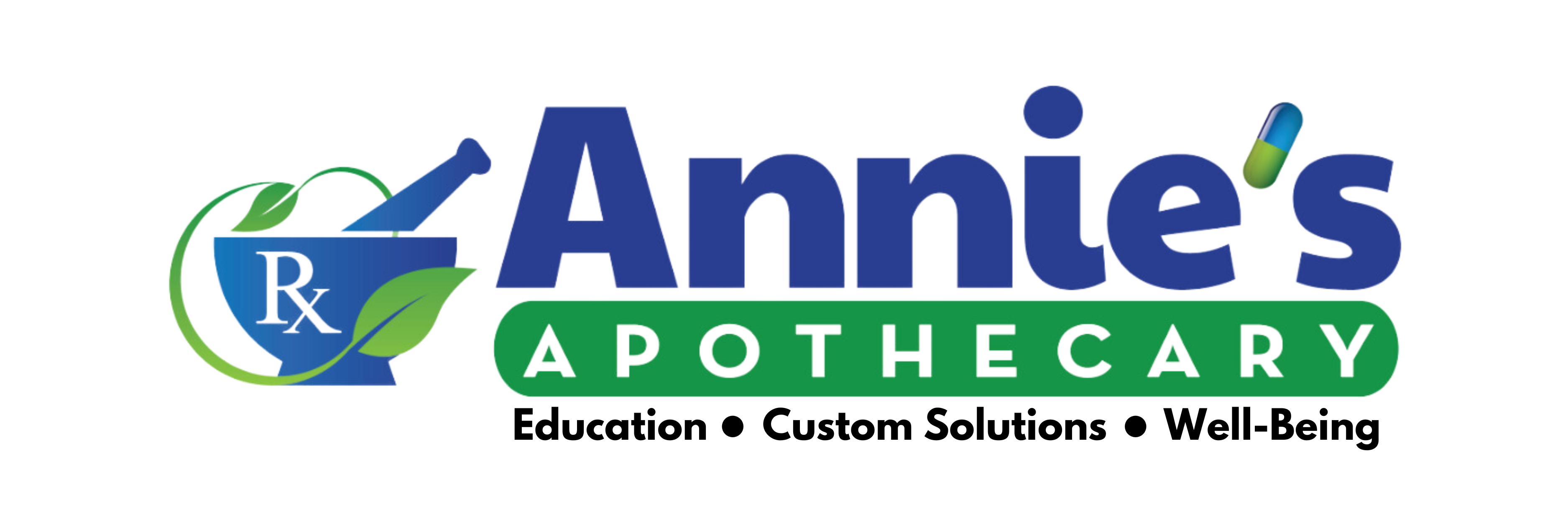Many people made a New Year’s Resolution in January to lose weight, again. They may think as long as they eat right and exercise regularly, they will be able to achieve their desired weight. Not true! Yes, a well-balanced diet and a regular exercise routine are an essential component to losing and maintaining body weight. However, balanced hormones also play a vital role in weight management among other functions. These hormones include thyroid, estrogens, progesterone, testosterone, and cortisol.
The thyroid produces hormones that are primarily responsible for regulating the rate of metabolism. When your thyroid does not produce enough of these hormones, you can get symptoms such as weight gain, loss of energy, fluid retention (bloating), dry skin and hair, constipation, cold intolerance, low blood pressure, aching muscles and joints, depression, swollen neck, infertility, high cholesterol, and memory impairment. Yet, more than half of all people with thyroid disease are unaware of their condition.
Estrogen dominance can occur when you have more estrogen than progesterone creating an imbalance. Symptoms of estrogen dominance may include weight gain, fluid retention, low sex drive, pre-menstrual syndrome (PMS), headaches, blood sugar problems, nervousness, irritability, fibroids, heavy menstruation, endometriosis, thyroid problems, sleep disturbances, sugar/carb cravings, and mood swings. These symptoms can occur when a woman has a hysterectomy or when she begins the process of menopause, often as early as her mid-thirties. With the abundance of estrogen-like compounds in our environment, estrogen dominance is very common among women. These compounds are often referred to as “xenoestrogens”. Xenoestrogens are found in plastics, fertilizers, pesticides, and food. By balancing your hormones, many of these symptoms will often disappear. This balancing act can be achieved through hormone replacement with compounds that are identical to the hormones your body naturally makes.
Cortisol is a hormone made by your adrenal glands in response to stress. Small increases in cortisol help the body by giving short bursts of energy, immunity, heightened memory, and increased pain tolerance. Excess cortisol for extended periods of time is actually bad for the body resulting in abdominal weight gain, decreased bone density and muscle mass, blood sugar imbalance, high blood pressure, decreased thyroid function, and lowered immunity response to infection. Today’s busy and stressful lifestyles have created many adrenal problems. It is important to give your body adequate time to relax and recover and replenish your adrenals with vitamins and minerals.
If any of the symptoms above sound like the way you have been feeling, give our pharmacists a call at 830-981-4774. Annie’s Apothecary has the ability to measure your hormones non-invasively and offers personal consultations to get you back to feeling ‘normal’.

